|
The answer is: It depends! There is nothing intrinsically wrong with competition—it can be fun to compete. The problem comes when a child equates her worth with the outcome of the competition. I’m worthy if I win. I’m worth less if I lose. A child who knows his Inherent Worth (IW) will be OK no matter what the outcome of the competition—his worth is not at stake. Competition will be fun for the competitors when they are secure in their awareness of their IW. Avoid competitions until you are sure of that. If you can’t avoid it here are a few tips:
0 Comments
What if we really could raise children to be bully-proof – neither bullies nor victims? It must be worth a try.
What if we’ve got the bully / victim story completely wrong? This blog presents a radically different solution. In this blog, I’ll explain the root causes of bullying and why punishing the bully and commiserating with the victims actually makes matters worse. I’ll show what both bullies and victims gain from their experience, and suggests five strategies for parents and teachers that will help raise children who are less likely to be bullies and unlikely to be picked on as victims. “Mommy, I’m Bored!” Now that it is mid-summer and the children are not in school, there’s a good chance you’ll have heard the words: “I’m bored!”. There’s a likelihood that it’ll trigger you in some way and cause an irritation or worse. Perhaps you’ll feel guilty “Oh no, I’m not a good parent –otherwise my child wouldn’t be bored –I haven’t provided enough activities or encouraged sufficient independence for them to find something to do on their own!”
Job #1 then, is to process your own upset over the statement. Remember it’s about.... What’s the worst thing that could happen during a workshop you are facilitating? I used to think that it would be having a client die – until one did.
On the morning of the last day of the workshop I was co-facilitating with Gadi and Saskia in the South of France, Christoph passed away peacefully in his sleep. What followed was a wonderful day of healing, peace, introspection and celebration. I guessed that he had died when I saw Gadi and Axel (one of the retreat’s employees) walking past my studio towards Christoph’s which was next to mine. Sure enough, as I stepped out of my studio, Christine, Christoph’s sister, confirmed what I already knew. Christoph had been given two weeks to live back in January. It was now mid-June. That he was at the workshop at all was miraculous and that he had the energy to participate as fully as he did was remarkable. Christoph’s body was fighting the immune system introduced eight years ago to combat his leukemia. He was partially blind and deaf, could In the previous posts, I have established that we all grow up with barriers to love that can be removed when we tackle our negative beliefs. In this week’s post, I’ll explain give some strategies for helping your children to own their Inherent Worth so that they can receive the love that you offer.
A child who has a strong belief that he is not good enough, bad, unworthy or any other belief, will find it impossible to let love in. That child will think, consciously or unconsciously “If only you knew how bad, unworthy, unlovable (fill in the blanks) I am, you would not choose to love me. You have to say you love me because you are my parent, but I can’t believe it.” This is the subconscious thinking of any child who has a strong negative belief about themselves. We may not be able to tell what that belief is, so the antidote to all negative beliefs is to own our Inherent Worth. We cannot be Inherently Worthy and unlovable or worthless at the same time. Therefore, it is imperative that parents spend some time helping their children to tune into their Inherent Worth. Unconditional Love: A Parent’s Guide Part Five: Love Yourself to be Able to Love Your Children6/7/2018 "I don't trust people who don't love themselves and tell me, 'I love you.' ... There is an African saying which is: Be careful when a naked person offers you a shirt."
~ Maya Angelou You can’t give something you don’t have! In order for any parent to be able to extend love unconditionally that parent must first love themselves. It is not possible for someone to love another fully without loving themselves. You can only really love your children if you love yourself. At one of my recent talks on Unconditional Love, a mother told me that her young daughter had asked her “Mommy, who do you love the most – me or you?”. That mother had a difficult time answering her. She said “I love you to the moon and back, but if I didn’t love myself I wouldn’t be able to love you, so I love me just as much!”. That’s such a beautiful, but uncommon sentiment. In Part Three we established that negative or limiting beliefs block love. In this section, I will show you how to find and fix negative beliefs using the Choose Again Six-Step Process (Diederik Wolsak). The method is applied to any upset however small, because these upsets reveal to us the feelings that we replay the most. These feelings are chosen by our beliefs. By following our familiar feelings we can retrieve early childhood memories in which we can discover the genesis of our beliefs and we can begin to transform them.
In order to learn to love unconditionally, you first need to discover the barriers that you have to giving love, and the barriers that your children or partners have to receiving it. The negative beliefs that you carry, often subconsciously, prevent you from having the loving relationships you want to have. I’ll show you how negative beliefs get started and strengthened, and how they block love.
In last week’s blog, I suggested that you take a quick quiz to determine where you are on the loving / fearful parenting spectrum. You may have been surprised to learn that fear plays a role in your parenting style. This week’s blog will explore the importance of learning to love unconditionally. I was able to learn so you can too!
“Hey, wait a minute,” you may be thinking “Of course I love my children unconditionally!”
I know I thought that – that is until my daughter went off the rails as a teenager in a dramatic way. The way back for our family was by learning to love unconditionally. We learned it the hard way and I don’t want that to happen to you. We discovered that although we thought we were a loving caring family, and certainly anyone who knew us would have agreed, our parenting was largely fearful making unconditional love virtually impossible. We had worries about our children’s futures, and expectations of what that should look like for each of them. We felt we needed to shape them into fine humans rather than simply to accept them as they are. The good news for us was that it was possible with a few simple techniques, to learn to love without fear and to become more effective parents as a result. You can do a quick assessment of how much fear versus love there is in your own parenting style by taking the quiz below: |
Categories & Authors
All
Archives
November 2022
|
Read an independent evaluation of our program |
| ||||||
QUESTIONS? |
GET daily INSPIRATION TO YOUR EMAIL |

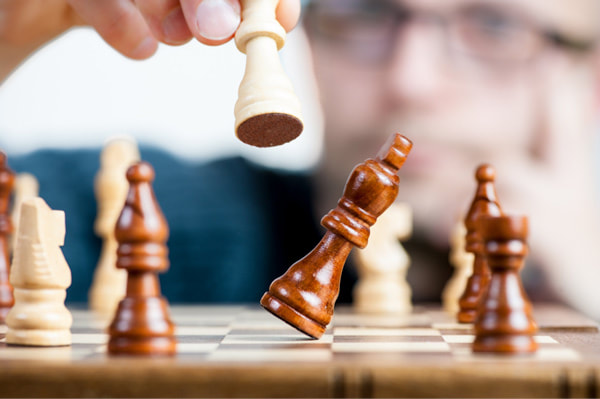
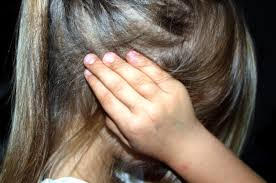
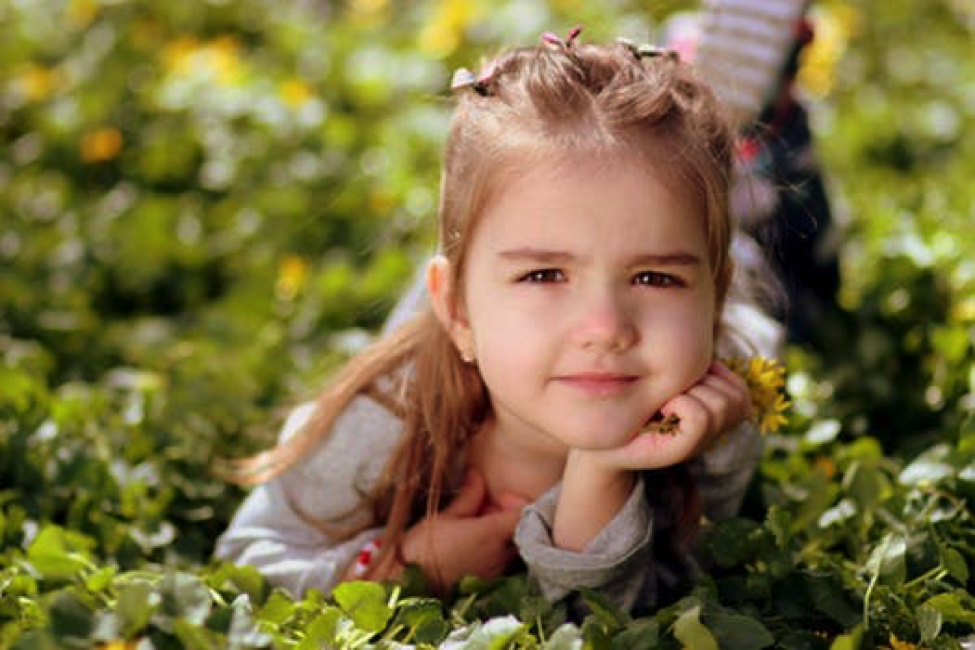

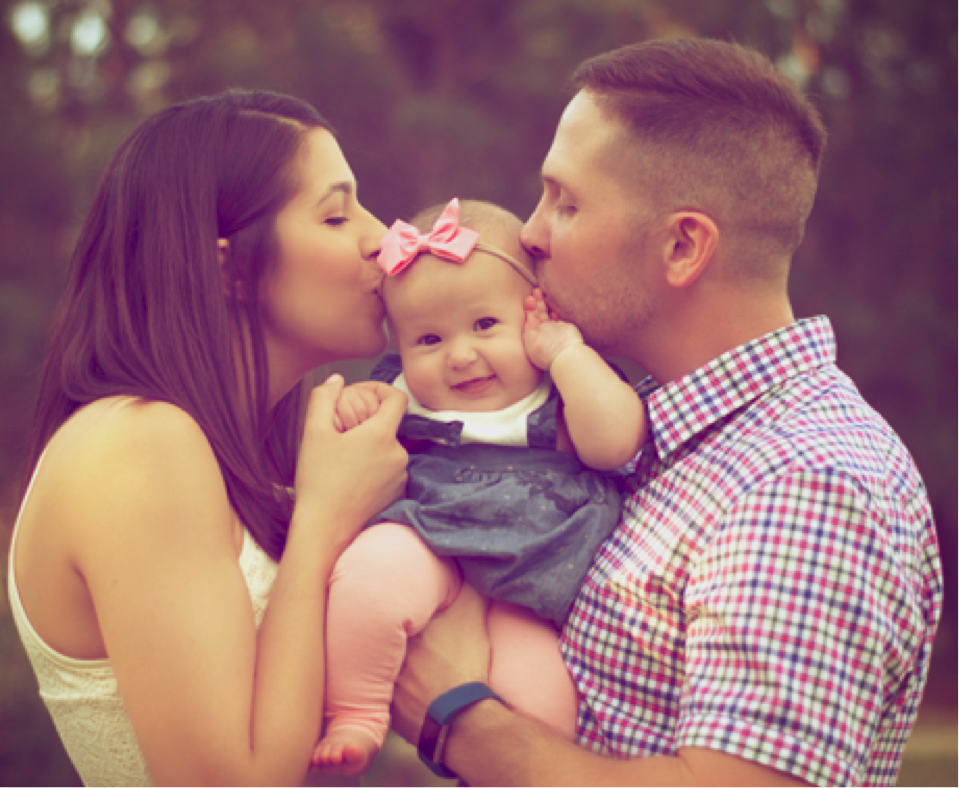

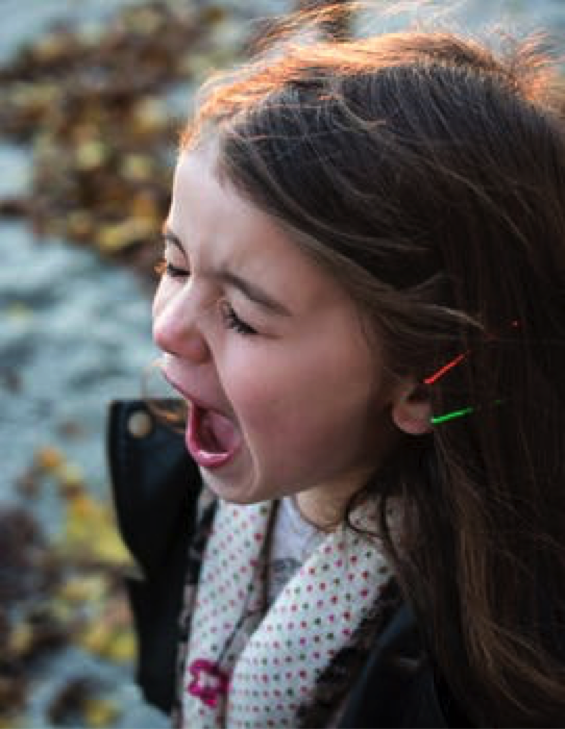
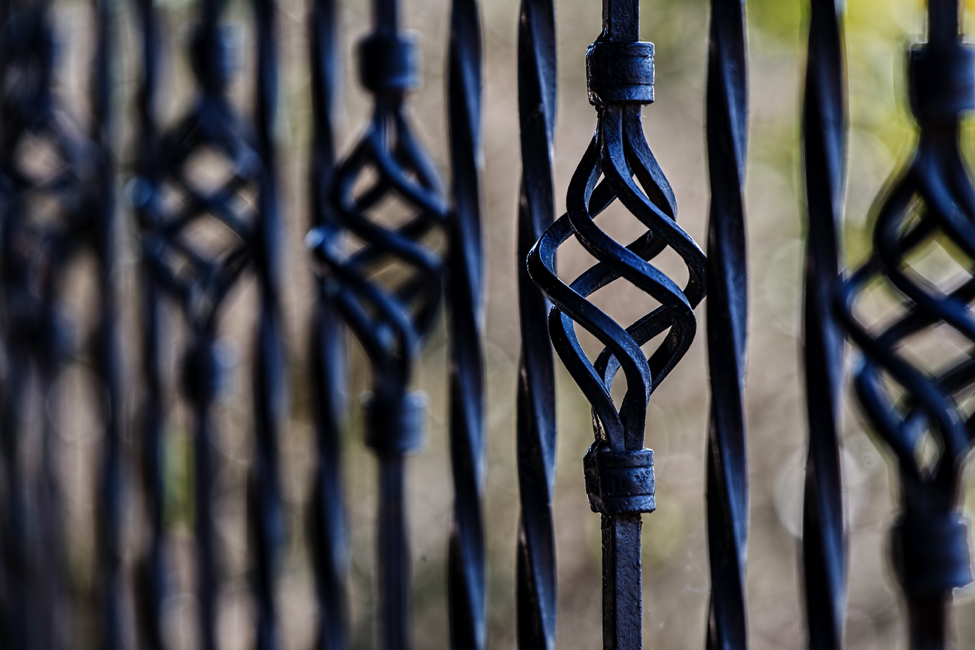
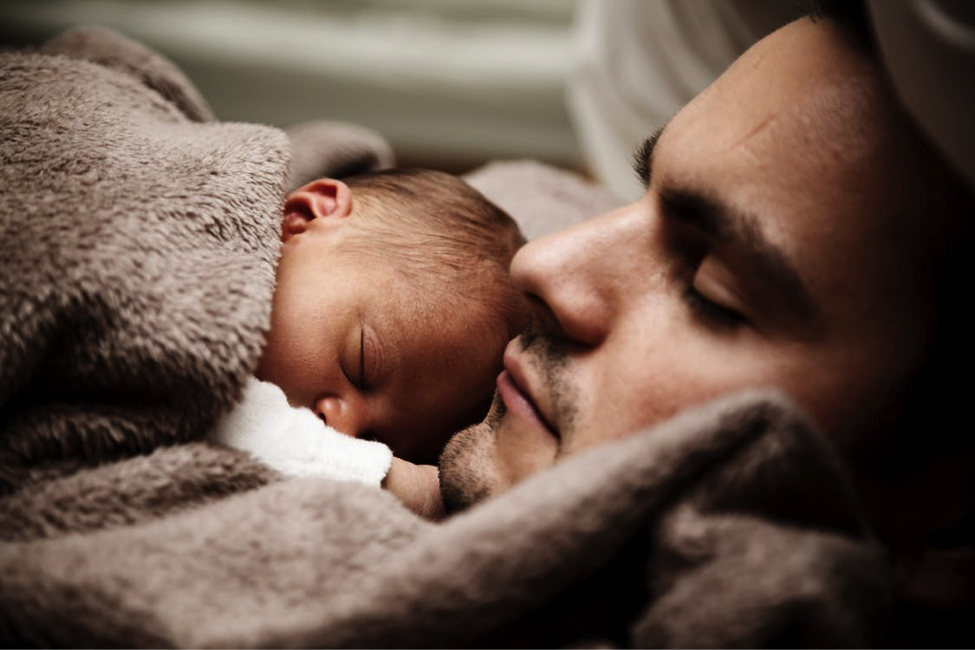
 RSS Feed
RSS Feed